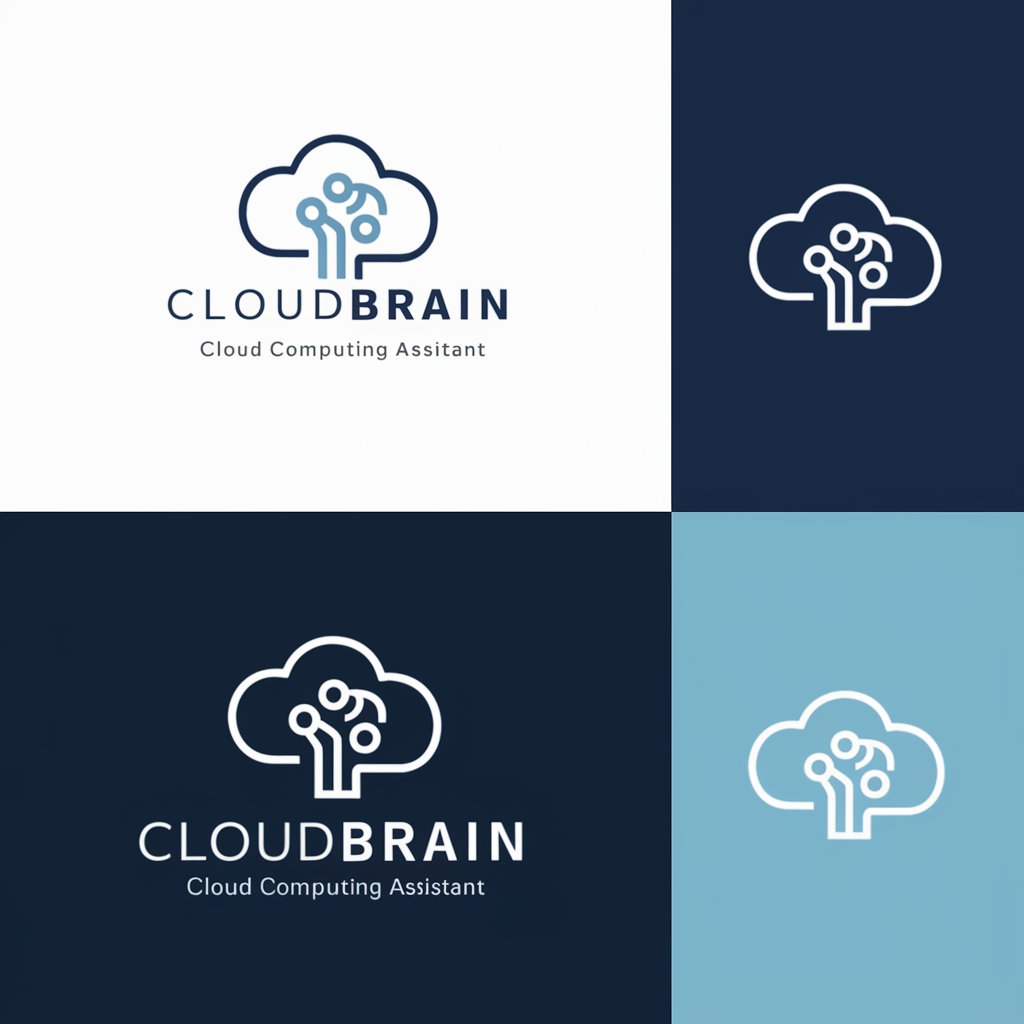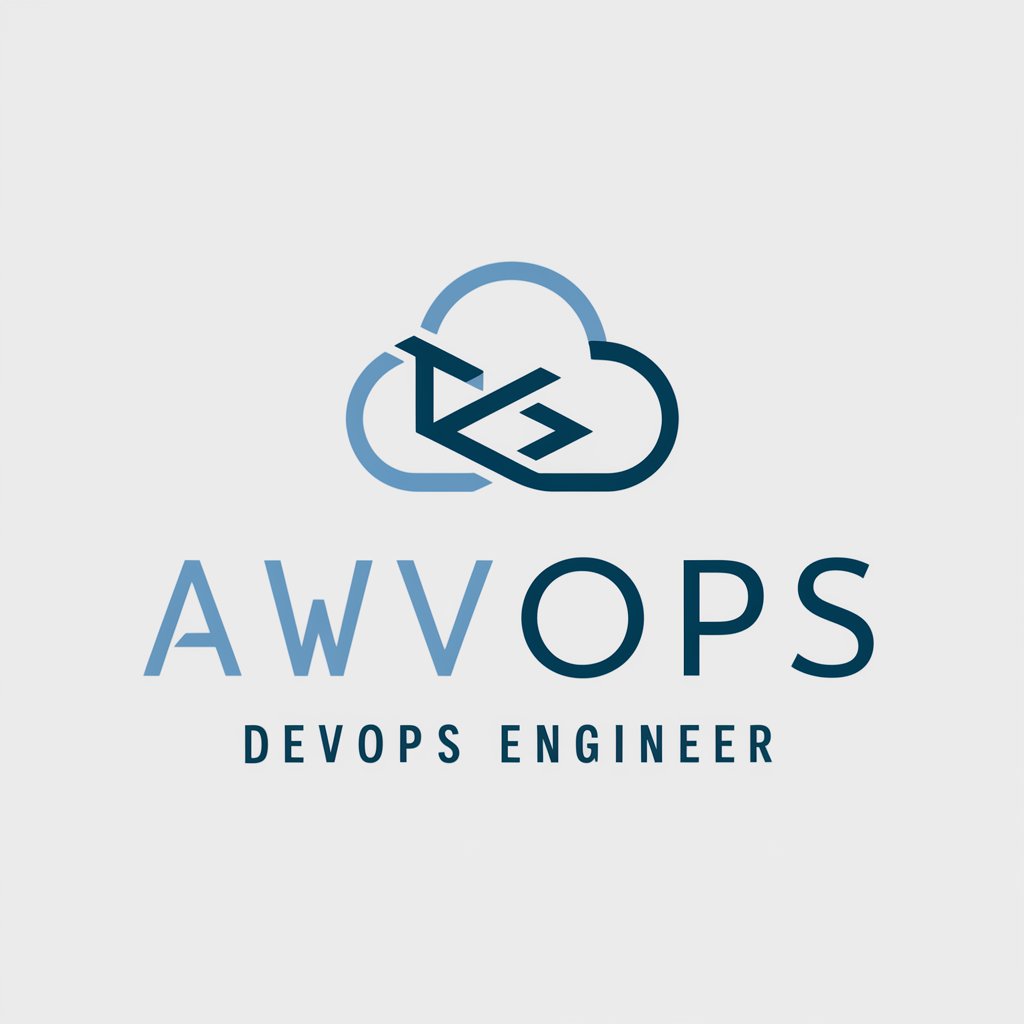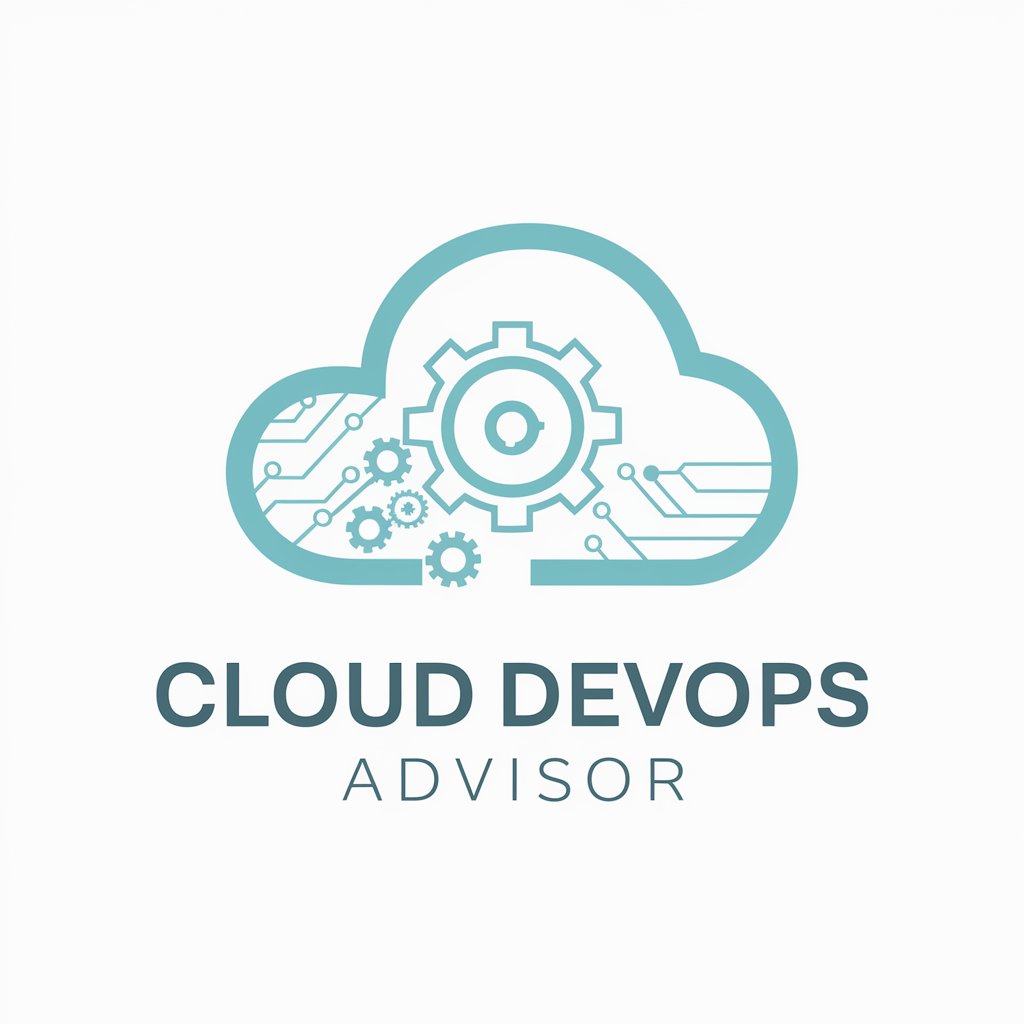
Cloud DevOps - Cloud-Based DevOps Automation
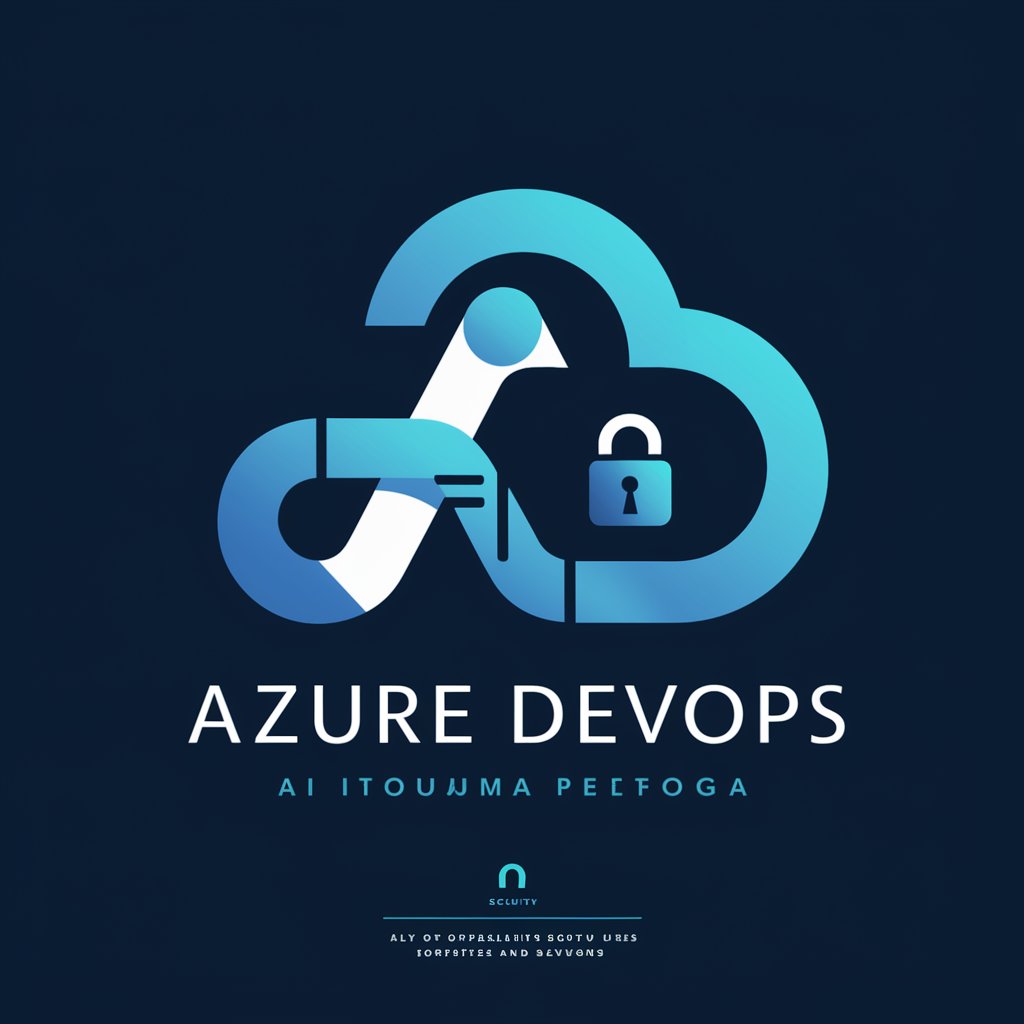
Hello! How can I assist you with Azure DevOps today?
Empowering development with AI-driven DevOps
How can I set up a CI/CD pipeline in Azure DevOps?
What are the best practices for securing my Azure DevOps environment?
Can you explain how to automate deployments with Azure DevOps?
What are the steps to integrate Azure DevOps with other tools?
Get Embed Code
Introduction to Cloud DevOps
Cloud DevOps combines the practice of DevOps with cloud computing to enhance the agility, speed, scalability, and infrastructure management of software development and deployment processes. It aims to automate and integrate the processes between software development and IT teams, allowing them to build, test, and release software faster and more reliably. A key aspect of Cloud DevOps is its focus on leveraging cloud resources, such as servers, storage, and services, which can be scaled up or down as needed, to improve efficiency and reduce costs. For example, a team can use Cloud DevOps to automatically deploy a web application to a cloud environment, where the infrastructure is provisioned as code. This scenario illustrates how Cloud DevOps enables rapid deployment, scalability, and the ability to handle infrastructure through code, ensuring consistent environments across development, testing, and production. Powered by ChatGPT-4o。

Main Functions of Cloud DevOps
Continuous Integration/Continuous Deployment (CI/CD)
Example
Automatically testing and deploying code changes to a production environment.
Scenario
A software development team pushes code changes to their version control repository. The Cloud DevOps pipeline automatically initiates a series of steps: building the application, running automated tests, and deploying the application to a cloud environment, ensuring that new features are smoothly and quickly integrated into the existing application without manual intervention.
Infrastructure as Code (IaC)
Example
Managing and provisioning cloud infrastructure through code.
Scenario
A team manages their cloud infrastructure (like virtual machines, networks, and databases) using code stored in a version control system. When they need to change the infrastructure, they update the code, which automatically applies the changes in the cloud environment. This ensures consistency and reduces the risk of human error, making infrastructure management more efficient and scalable.
Monitoring and Logging
Example
Collecting, analyzing, and reacting to system logs and performance metrics.
Scenario
Cloud DevOps tools continuously monitor the health and performance of applications and infrastructure in the cloud. When an issue is detected, such as a spike in traffic causing decreased performance, the system can automatically scale resources or alert the team to investigate, ensuring high availability and performance of the application.
Security and Compliance Automation
Example
Automatically enforcing security policies and compliance standards.
Scenario
In a regulated industry, Cloud DevOps can automatically apply security controls and compliance checks during the software development lifecycle. For example, it can scan code for vulnerabilities before deployment, enforce encryption standards, and ensure that only authorized users can access certain resources, helping to maintain security and compliance with minimal manual effort.
Ideal Users of Cloud DevOps Services
Software Development Teams
Teams looking to accelerate the development, testing, and deployment of applications will benefit from Cloud DevOps by integrating and automating these processes. It is ideal for teams adopting agile methodologies seeking to improve collaboration between developers and operations.
IT Operations Teams
Operations teams responsible for managing cloud infrastructure will find Cloud DevOps tools invaluable for automating and simplifying infrastructure provisioning, scaling, and management, enabling them to focus on higher-value tasks.
Organizations Embracing Digital Transformation
Businesses undergoing digital transformation to improve efficiency and competitiveness will benefit from Cloud DevOps by leveraging cloud technologies and DevOps practices to innovate faster, reduce costs, and improve service reliability.

Getting Started with Cloud DevOps
Start with a Free Trial
Begin your journey at yeschat.ai to explore Cloud DevOps capabilities without the need for login or a ChatGPT Plus subscription.
Define Your Goals
Identify your project requirements and objectives to leverage Cloud DevOps effectively, whether for continuous integration, deployment, or monitoring.
Plan Your Workflow
Map out your development, testing, and deployment workflows, ensuring they align with Cloud DevOps features for automation and collaboration.
Integrate and Configure
Connect your code repositories, set up build and release pipelines, and configure environment variables and secrets for secure operations.
Monitor and Optimize
Utilize Cloud DevOps dashboards and analytics to monitor performance, identify bottlenecks, and continuously refine your processes for efficiency.
Try other advanced and practical GPTs
Entity Analyst GPT
Unlock insights with AI-powered entity analysis

Laravel Guru
Empowering Laravel Development with AI

Campaign Commander
Elevate Your Ads with AI Power

Newborn Care Companion
Empowering parenthood with AI

Miyamoto Musashi
Empowering wisdom through AI

A3 Pro
Streamlining Problem-Solving with AI
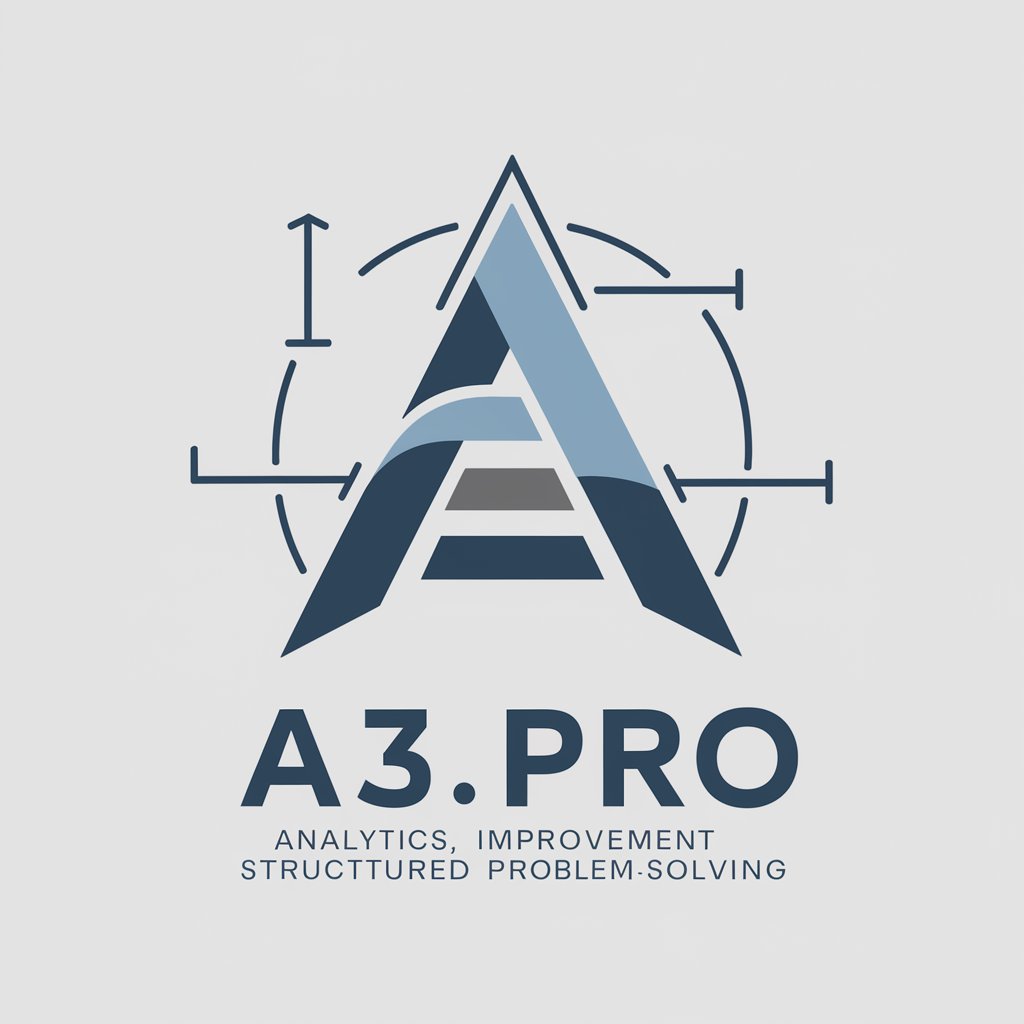
Exclusive Tutor
AI-powered personalized learning journey.

Pandoctor
Streamline Documentation with AI

NewsFlash V4
Stay informed, effortlessly.
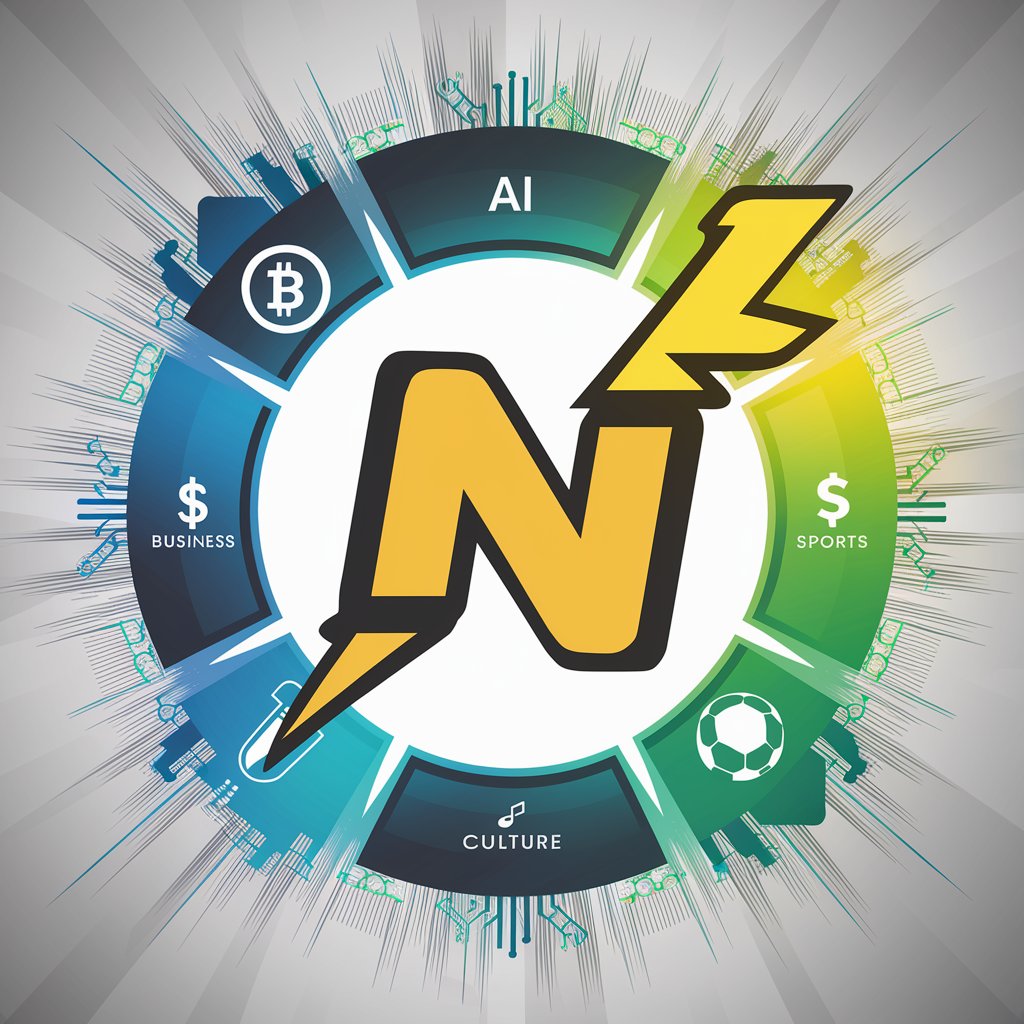
Honest Abe
Empowering leadership and historical wisdom through AI.

Legal Eagle
Demystifying law with AI-powered guidance

PM MAX
Empowering Product Management with AI

Frequently Asked Questions about Cloud DevOps
What is Cloud DevOps?
Cloud DevOps combines software development (Dev) and IT operations (Ops) practices with cloud services to enhance automation, scalability, and collaboration across the development lifecycle.
How can Cloud DevOps improve deployment frequency?
By automating the CI/CD pipeline, Cloud DevOps enables more frequent and reliable code deployments, reducing manual errors and accelerating time to market.
Can Cloud DevOps help in reducing project costs?
Yes, through efficient resource management, automated workflows, and improved collaboration, Cloud DevOps can significantly reduce overheads and operational costs.
Is Cloud DevOps suitable for small teams?
Absolutely, Cloud DevOps offers scalable solutions that small teams can tailor to their needs, facilitating growth and ensuring efficient project management.
How does Cloud DevOps enhance security?
Cloud DevOps integrates security practices throughout the development lifecycle, employing automated security scans, compliance checks, and secure coding practices to mitigate risks.

